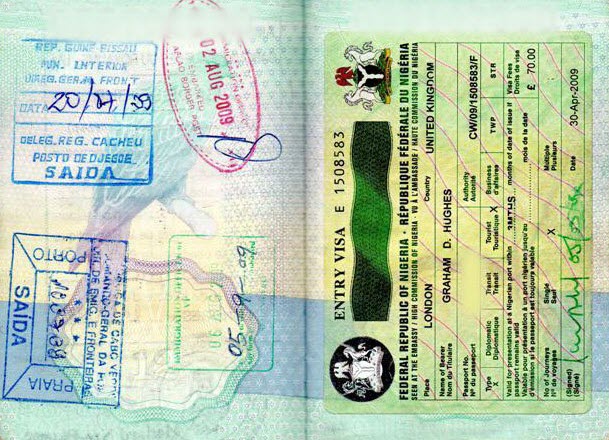There are no products in your shopping cart.
| 0 Items | £0.00 |


BRITAIN has announced changes to its visa application regime ending the use of hard copy visas being issued in a development that will have an effect on Nigerians applying to work and study in the country.
With effect from July 15, Nigerian migrants will begin receiving digital eVisas instead of the traditional visa stickers in their passports. Part of a UK government programme to replace all physical migration documents with digital versions, the eVisa has been aggressively promoted throughout 2024 and now, it will replace the current hard copy visa regime altogether.
Already, Nigerians living in the UK who have biometric residence cards (BRCs) or biometric residence permits (BRP) no longer need them as they now get a digital version, which saves them having to carry any physical documentation around. This regime is now being extended to visas but the new policy will only apply to applicants who submit their applications before the July 15 date.
A spokesman for the British high commission in Abuja said: “From 15 July 2025, most individuals applying to enter the UK on study or work-related visas will no longer receive a physical visa sticker or vignette in their passport. Instead, successful applicants will be issued an eVisa, a secure, online record of their immigration status.
"This change marks a major step in the UK government’s transition to a modern, digital immigration system. This change applies only to study or work visa applications submitted on or after 15 July 2025.
"Applicants who apply before 15 July will continue with the current process, including leaving their passport at the visa application centre and receiving a vignette. Visit visa applications will continue to receive the visa vignette sticker for the time being.”
He added that applicants must still attend a visa application centre to provide biometric information. Once a visa is approved, applicants will receive an email from UK Visas and Immigration with a decision and instructions to set up a UKVI account in order to access their eVisa.
Gill Obe, the chargé d’affaires at the high commission, added: “We’re making it easier and faster for Nigerians to travel to the UK. From 15 July 2025, most people applying for study or work visas will get a digital eVisa instead of a visa sticker in their passport.
“This is a further big step to a fully digital UK immigration system, making the process more secure, more efficient, and more convenient for students, professionals, and families. However, if you’re applying as a dependant, like a spouse or child, of someone who is studying or working in the UK or if you are applying for a visitor visa, you’ll still receive a visa vignette sticker in your passport for the time being.”
To obtain an eVisa, applicants must apply online via the official UK government website and then attend a visa application centre to do their biometrics. They get to take their passport home the same day if a vignette is not required but if they need one, they will leave it at the centre to be stamped.